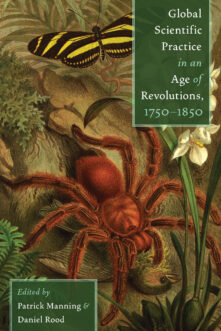Science / General
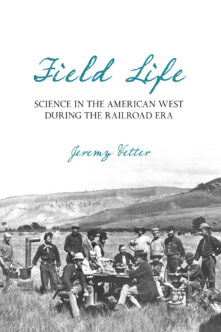
Field Life
Science in the American West during the Railroad Era
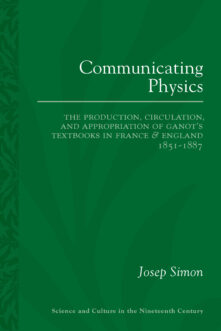
Communicating Physics
The Production, Circulation, and Appropriation of Ganot's Textbooks in France and England, 1851–1887
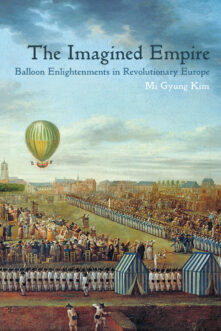
The Imagined Empire
Balloon Enlightenments in Revolutionary Europe
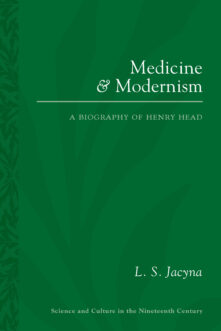
Medicine and Modernism
A Biography of Henry Head
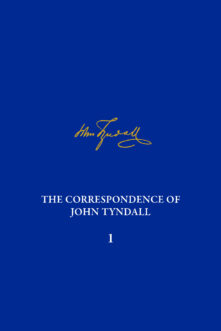
The Correspondence of John Tyndall, Volume 1
The Correspondence, May 1840–August 1843
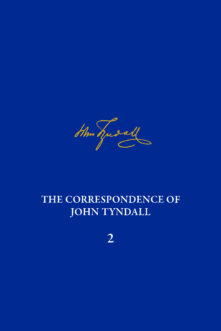
The Correspondence of John Tyndall, Volume 2
The Correspondence, September 1843–December 1849
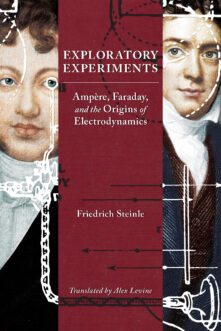
Exploratory Experiments
Ampère, Faraday, and the Origins of Electrodynamics
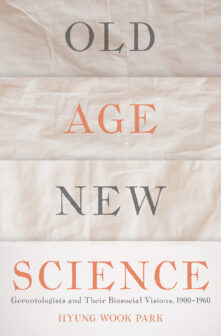
Old Age, New Science
Gerontologists and Their Biosocial Visions, 1900-1960
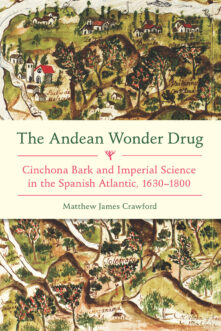
The Andean Wonder Drug
Cinchona Bark and Imperial Science in the Spanish Atlantic, 1630-1800
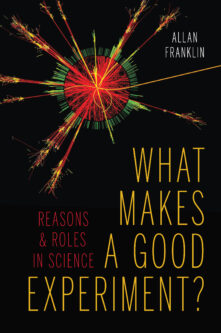
What Makes a Good Experiment?
Reasons and Roles in Science
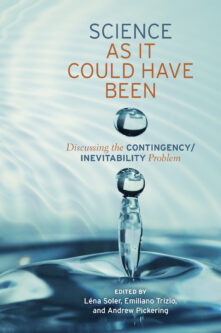
Science as It Could Have Been
Discussing the Contingency/Inevitability Problem
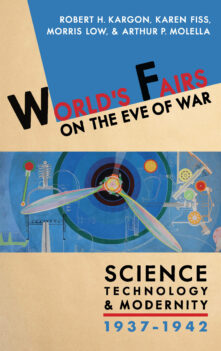
World’s Fairs on the Eve of War
Science, Technology, and Modernity, 1937–1942
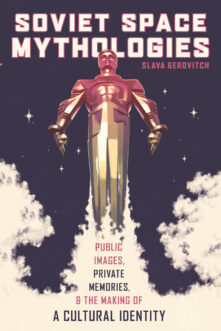
Soviet Space Mythologies
Public Images, Private Memories, and the Making of a Cultural Identity
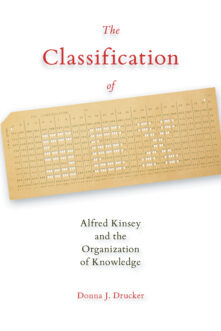
The Classification of Sex
Alfred Kinsey and the Organization of Knowledge
Total 60 results found.


